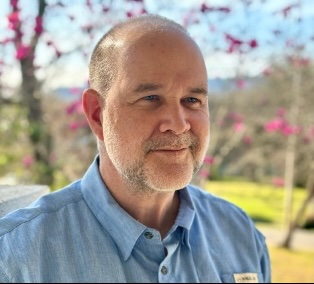Staying humble and hungry
OPINION —
Most of us have heard of the John Godfrey Saxe poem, The Blind Men and the Elephant. It is based on a traditional Indian parable and tells of six blind men from Indostan who came across an elephant. As each touched a different part, they came to different conclusions about what the elephant was. The man who grabbed the tusk thought the elephant was like a spear, while the one who had a leg was convinced it was like a tree, while still another who had the tail was sure it was like a rope. They were all right in their specific observations, but wrong in their overall conclusion. The point of the poem is to keep us humble by showing us how a little knowledge can be a dangerous thing when we act as if it is all knowledge.
In a similar way, the disciples at Corinth were immature concerning how they handled the truths Paul had taught them (I Corinthians 3:1-4). They took the truth of Christ crucified and used it to promote division rather than unity. Their immaturity wasn’t due to their age or the amount of time they had been disciples, it was simply a failure on their part to develop. They were immature about their immaturity. It’s the same sort of thing the Hebrew writer brings up with the community he’s writing (see 5:11-14 of that letter).
One of the sad consequences of their stunted growth was that they were unable to receive or process further spiritual truth (see John 16:12). Like a petulant child who puts his hands over his ears, their arrogance had shut them off to all the wonderful things God wanted them to know (4:6, 10, 18). Like the blind men, they confused the little truth they thought they had with the whole truth.
The same thing still happens in the kingdom of God today. You see people who haven’t learned anything in years. Why does this happen?
- It happens to some because they know more than the people around them and they are satisfied to stay there. They are big fish in a little pond, and we only enable such individuals when we tell them “how much” they know. Listen, to make a person an expert because they know more than we do is often nothing more than a back-handed compliment to ourselves rather than a true reflection of someone else’s depth. (They are obviously of great intelligence since they know more than I do!).
- It happens because people understand things at a certain level and are satisfied with that—they have no wish to probe deeper. In fact, they aren’t comfortable being challenged and learning new things.
- It happens because people believe that the Scripture is flat rather than an amazing book rich with contours, depths, and nuance.
To state the obvious, no one knows it all or anything close to it. We’re all blind men in the sense that we’re working with some of the truth, not all of it. The Scripture is like an archaeological site, the deeper we dig, the more we find. May we always have the humility to stay hungry for more!
Find more of Bruce Green’s writings at his website: a-taste-of-grace-with-bruce-green.com.


